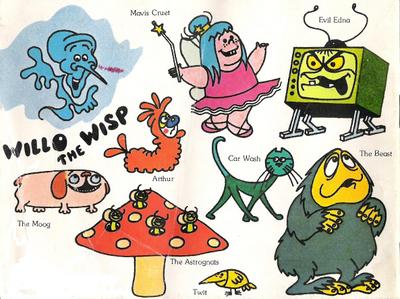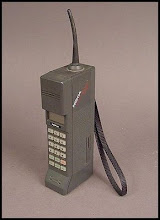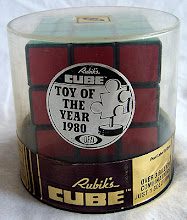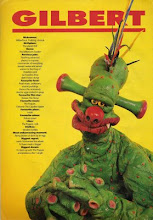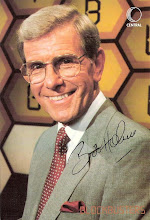 As health workers pelted Mrs Thatcher's car with eggs, Keith Chegwin ("Cheggers") and Maggie Philbin, the Posh and Becks of 1982, prepared for their wedding...
As health workers pelted Mrs Thatcher's car with eggs, Keith Chegwin ("Cheggers") and Maggie Philbin, the Posh and Becks of 1982, prepared for their wedding...From the Daily Mirror, 3/9/1982:
For millions of youngsters, it will be the marriage of the year when their TV favourites Keith Chegwin and Maggie Philbin wed tomorrow.
The former "Swap Shop" assistants had only one worry about the great day... the smartness of the parish church in Little Stretton, Leicestershire, where Maggie grew up and was determined to marry.
But the villagers rallied round. "They have been fantastic," said Maggie.
"The church garden has been weeded, the grass cut, and even the old stone floor scrubbed."
Sweet!
I remember Keith on Multi-Coloured Swap Shop and Saturday Superstore. And then there was Cheggers Plays Pop - which ran all the way from 1978 to 1986...
Meanwhile...
Of the egg chuckers, who pelted the PM's car when she visited Aberdeen University medical school, Mrs T said: "It's a pity they have nothing better to do."
Like Keith Chegwin and Maggie Philbin?
 From the Sunday People, 5/9/1982:
From the Sunday People, 5/9/1982:
"Swap Shop" sweethearts Keith Chegwin and Maggie Philbin will soon be saying "I do" again.
For their wedding yesterday was recorded by a film crew for broadcast next month in a new children's TV show called "Saturday Superstore".
Maggie and Keith, who will both be on the new BBC show, fell for each other while presenting "Swap Shop".
And yesterday they were the stars in a white wedding at the tiny parish church in Little Stretton, Leicestershire, Maggie's home village.
DJ Tony Blackburn and TV personality John Craven turned up to join the hundreds of fans who beseiged the church.
The bride and groom even started the day by helping Tony Blackburn in an on-the-spot radio special.
Keith, who arrived at the church half an hour early, said: "It really got to me."
After the ceremony he admitted: "It was a tremendous emotional experience. I was so nervous that I even fluffed my lines towards the end."
Maggie, who turned up in a Rolls ten minutes late, said: "It was all right until I got into the car, then it really hit me. And I felt the tears coming when I entered the church and saw Keith standing there."
 Mike Reid of Saturday Superstore - the start of a glittering new BBC Saturday morning children's telly era in 1982.
Mike Reid of Saturday Superstore - the start of a glittering new BBC Saturday morning children's telly era in 1982.

